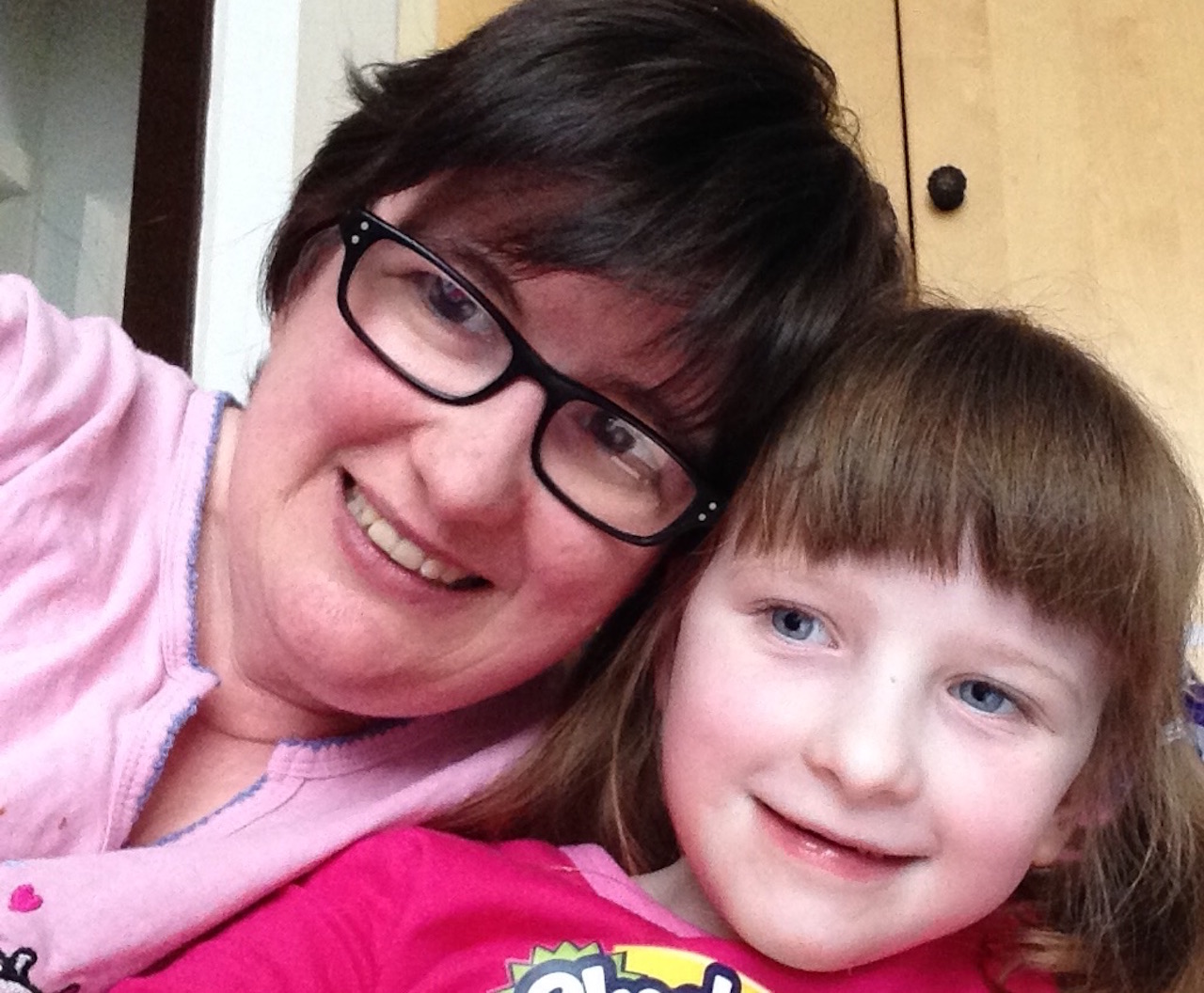There is a widely held belief that those on the autistic spectrum lack empathy. It is often referred to by technical names such as “lack of theory of mind” or even “mind blindness” — both meaning a person with autism appears to lack the ability to understand the emotions, thoughts and actions of others. In other words they find it very difficult to put themselves in another person’s shoes. Some examples of this could be laughing at someone who is clearly upset, saying things that could appear as socially inappropriate, or misinterpreting jokes.
A few nights ago though my autistic daughter said something to me about empathy that has taught me so much.
We were reading a book together before bed. It was one of her reading books from school and from a well-used reading scheme. At the end of the story there are some basic comprehension questions, and this night I decided to ask her them.
Part of the story involved some children hiding under a staircase in the dark as a villain came searching for them. The children had to stay quiet to avoid being caught. The question read, “How do you think the children felt when they were hiding from the villain?”
As an adult I thought this would be pretty obvious. But my 7-year-old daughter’s answer was nothing like I expected.
She took a moment to think. Then she looked up and said quite simply:
“How am I supposed to know that, Mum? I can’t ask them!”
What to many would be a fairly typical response from a child with autism actually made me think.
Much of what we see as empathy is actually assumption. The Cambridge dictionary defines empathy as “the ability to share someone else’s feelings or experiences by imagining what it would be like to be in that person’s situation.”
We have to imagine what another person might be feeling. We base our opinions on our own experiences and feelings and assume the other person could be feeling the same. We are guessing!
My daughter struggles with social imagination. But that does not mean she doesn’t care. It does not mean she has no sympathy or feelings towards others. She just doesn’t want to assume, so she has found the perfect way to overcome that: ask them how they are feeling.
How often in life do we assume someone is sad or lonely just because they are sitting by themselves? How many times have we mistaken a smile for happiness? We are all unique complex human beings with complicated emotions and feelings. We deal with life events in very different ways. We can say we empathize with someone based on the fact we imagine they feel how we would in the same position. But in fact they could feel completely differently.
While it may be socially inappropriate to ask someone at a funeral if they are sad, there are times when asking others how they feel is much better than assuming. Asking enables them to express themselves and connects us far better than presumption does.

I thought I was pretty good at empathy. I would have said those children were frightened or worried, but if I asked them they may have actually been excited, cramped or even thirsty. As my daughter said, how are we supposed to truly know if we don’t ask?
This week I have found myself asking others simple questions rather than presuming I know how they could be feeling: How are you doing? How are you feeling? Are you OK?
Many of the answers are nothing like I would have imagined.
My daughter may struggle with empathy in some ways, but she has taught me so much about it in ways I would never imagine.
Empathy is wonderful, but sometimes asking how someone truly feels is even better.
We want to hear your story. Become a Mighty contributor here.

